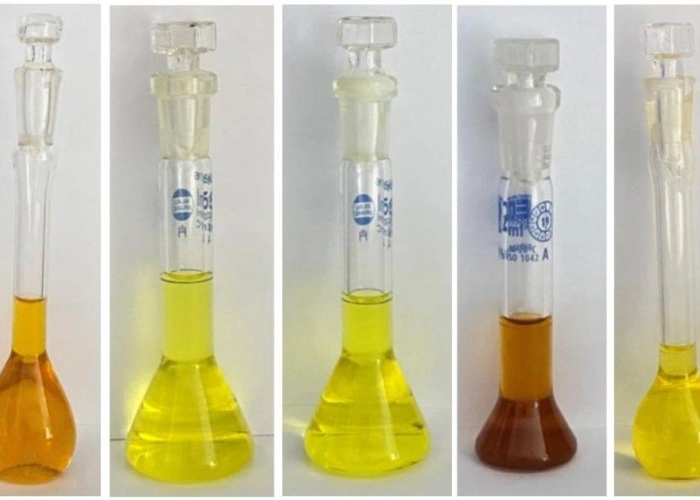Macroalgae: A valuable food source for the diet of the future

Macroalgae are rich in vitamins, essential amino acids and fiber. Despite their potential, they have hardly been represented on the European food market to date. Macroalgae are considered a novel food as they represent a new and sustainable alternative to traditional foods. Their use in food is increasingly being researched to develop new flavor profiles and functional benefits.
Previous studies have focused on the chemical composition of various macroalgae species and identified them as potential sources of vitamins, carotenoids, minerals (especially trace elements, e.g. iodine) and amino acids. This food4future project is dedicated to investigating these nutrient-rich algae in order to examine their bioavailability - i.e. the absorption and utilization of nutrients in the human body - as part of a human study. The project is primarily concerned with the group of carotenoids. Carotenoids are fat-soluble pigments, mainly known from fruit and vegetables (β-carotene from carrots is the most prominent representative), but they are also found in microalgae and macroalgae; some carotenoids are found exclusively in marine sources. In terms of nutritional physiology, carotenoids are particularly relevant as antioxidants, support vision and can strengthen the immune system. Some carotenoids are important precursors for the essential vitamin A.
The second funding phase focuses on conducting a human intervention study and analyzing micronutrient profiles in various commercially available algae. An analytical method for the determination of marine carotenoids, including astaxanthin, neoxanthin, cantaxanthin, fucoxanthin and violaxanthin, which occur in various macroalgae species, is being developed. In the human study, the food4future project is analyzing how the intake of an algae preparation affects the concentration of micronutrients, amino acids, antioxidants and redox biomarkers in the blood. The key question is whether algae products can significantly improve nutritionally relevant biomarkers in the blood. Another interesting question is whether the intake of algae preparations also has a positive effect on redox biomarkers in the plasma due to the antioxidant effect of the carotenoids.
In the long term, the results of this research could not only inspire new products, but also contribute to the development of personalized nutritional strategies. With these findings, we are making an important contribution to sustainable and healthy nutrition - in harmony with planetary boundaries.